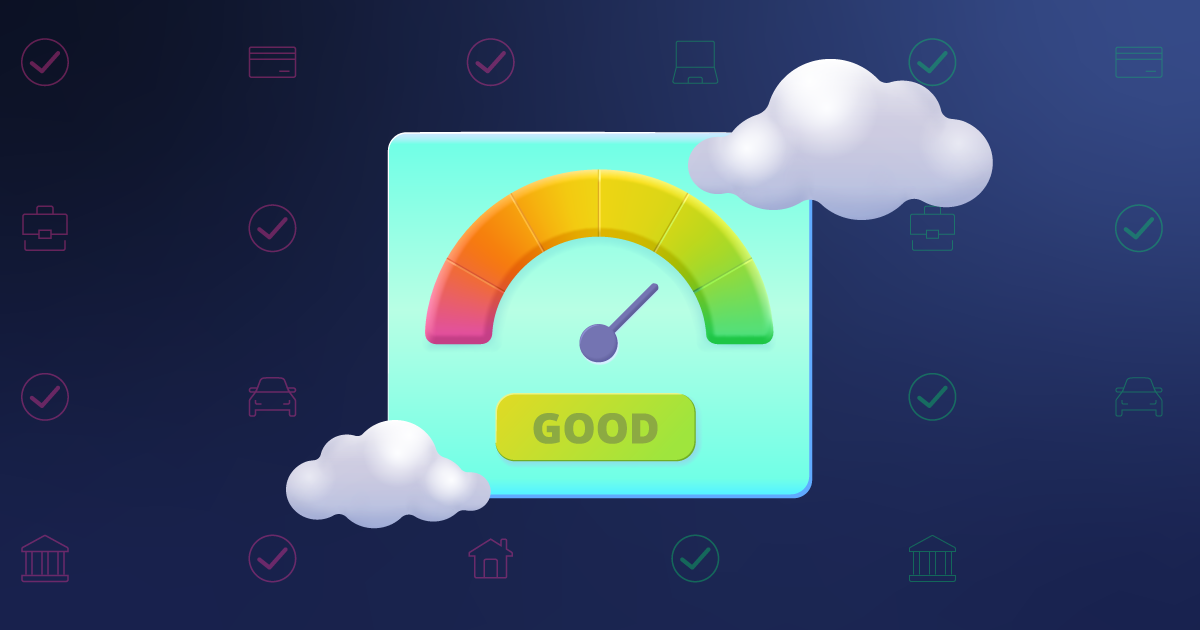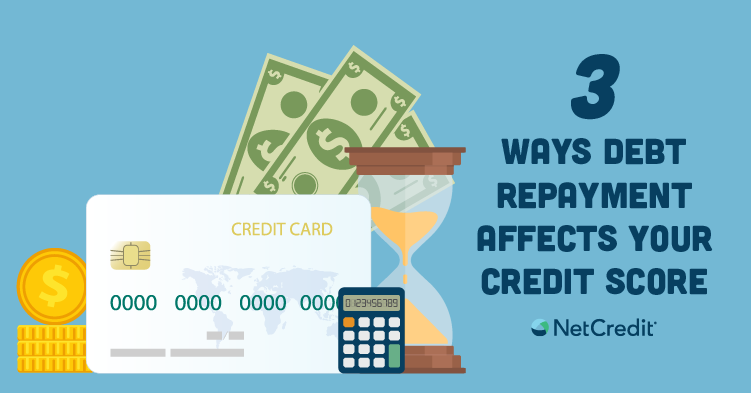You probably have some form of revolving credit, like a credit card or line of credit, but do you know your limit? While it’s possible to use all of your available credit, it’s really not the best idea.
So, why not just increase your credit limit if you have the chance? Your revolving credit limit has a bigger effect on your overall credit health than you may think. We’ll walk you through the pros and cons of increasing your credit limit, as well as what could happen to your score if you do.
How Is My Credit Limit Determined?
When you’re extended a form of revolving credit, you’re issued a credit limit, or the maximum dollar amount you can borrow on that credit line at one time. These are considered “revolving” credit lines since you can borrow up to your limit as you repay your balance.
Lenders typically consider a variety of financial data, like your payment history, credit score and/or income in order to determine a reasonable credit limit for your account. You can find your credit limit on your account statements or by calling your creditor(s) — each revolving line of credit has its own limit.
What Happens If I Exceed My Credit Limit?
It may be possible to exceed your credit limit on credit cards, similar to overdrafts associated with checking accounts. For example, you have a credit card with a $2,000 credit limit and your balance is currently $1,750. You want to make a $300 purchase, which would put your credit balance over its limit. If your account offers this feature (or you have not disabled this option), the transaction will be approved. However, the service typically comes with a credit limit penalty fee or increased penalty interest rates, depending on your lender. You have the option to opt out of credit limit overage transactions at any time. Contact your card issuer to enable or disable this feature on your account.
In addition to the extra fees or higher interest rates, meeting or exceeding your credit limit will also negatively affect your credit score. A big portion of your credit score depends on your utilization ratio, or how much of your credit limit you’re using. The higher your utilization ratio, the more it will negatively affect your score. Generally, you want to aim for a utilization ratio of 30 percent or less.
What Are the Pros of Increasing My Credit Limit?
When you increase your credit limit, you have the ability to borrow more money on that line of credit whenever you need it. This could give you peace of mind as an option for emergency expenses in the future.
As long as you don’t increase your credit usage, you can actually help improve your credit score since you’re reducing your utilization ratio. For example, your credit limit was increased from $2,000 to $4,000, and you have a $1,750 balance on that account. Previously, your credit utilization was about 88% ($1,750 / $2,000 = .88). Without adding more debt, your new limit decreases your utilization rate to roughly 44% ($1,750 / $4,000 = .44), which may help your credit score.
Increasing your revolving credit limit may also help prevent you from reaching or exceeding your limit, which can help you save money on extra fees or added interest.
What Are the Cons of Increasing My Credit Limit?
If you have a hard time managing debt repayments or keeping your monthly utilization low, increasing your credit limit may put you further into debt. The increased balance may take longer to eliminate and will also cost you more in interest. Your credit score can also go down if you’re tempted to use more credit, causing an increased utilization ratio.
Additionally, your credit score may temporarily decrease if your lender has performed a hard credit inquiry on your report. Hard inquiries are performed to verify your eligibility and payment history when you apply for credit or ask to increase your credit limit on an existing account. If you have too many recent hard inquires on your report, it could signal to lenders that you’re in financial distress.
How Do I Increase My Credit Limit?
You may be able to increase your credit limit if you have a good payment history with your lender, or you’ve improved your credit score since you signed up for the account. Contact your creditor to see if you qualify for a credit limit increase.
Should I Increase My Credit Limit?
If you’re confident that increasing your credit limit won’t tempt you to spend more, it might be worth having the ability to borrow more money in the future. On the other hand, if you struggle with budgeting or living within your means, borrowing more money can lead you in the wrong direction.
Alternatives to Increasing My Credit Limit
If you’re unable to increase an existing credit limit but still need to borrow money, you may be able to apply for a new line of credit, personal loan or credit card. However, loan approval will still be subject to your creditworthiness, or your repayment history.
There are plenty of ways to free up cash for day-to-day expenses without borrowing more money. Trimming your budget, improving your credit score or negotiating a lower interest rate can help you save money without increasing your credit limit.
The information in this article is provided for educational and informational purposes only, without any express or implied warranty of any kind, including warranties of accuracy, completeness or fitness for any particular purpose. The information in this article is not intended to be and does not constitute financial, legal or any other advice. The information in this article is general in nature and is not specific to you the user or anyone else.






